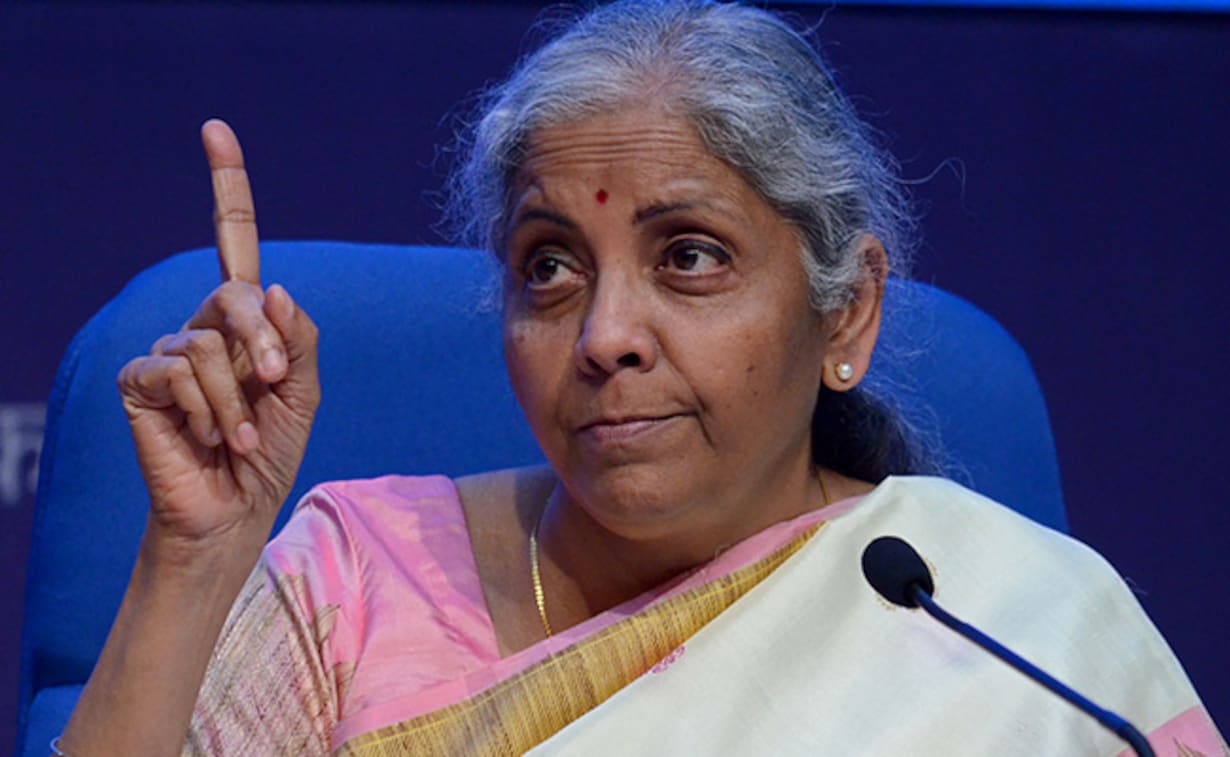Finance Minister Nirmala Sitharaman on Friday said the upcoming Budget 2023 would not only follow the spirit of earlier Budgets but set the template for taking it further for India’s next 25 years and also chalked out a five-pronged agenda for Indian industry to partner Government in creating a nation in 2047 which will be far more developed.
Addressing FICCI’s 95th annual convention and AGM’, Sitharaman identified the economic slowdown in the West as an opportunity and called upon the industry to work out strategies for drawing global
manufacturers from there to India. “As much you are preparing yourself for a long-drawn recession in the Western world, I think it is also the best time for introspection and to work out strategies as to how businesses operating in developed countries can look at India as a production or sourcing hub,” Sitharaman said. Significant facilitation and tweaking of rules have been undertaken by the Government to attract foreign investment into India along with proactive engagement with industries who want to co-locate in the country, the Minister highlighted.
Besides India’s strong macro fundamentals, the Minister drew attention to World Economic Forum data that identifies India’s potential in the next 25 years of its Amritkal. Quoting the WEF projection of 140 million middle-income households to be added to India’s economy by 2030 and 14 million high-net individuals (HNI) households to be added by 2030, Sitharaman called upon the industry to tap this market potential. “Amidst the ongoing geopolitical tensions, global reset in sourcing inputs, the struggle of many nations with the pandemic aftermath, lack of vaccines and climate change concerns which are forcing nations to adjust their policies, India has several positive indicators and finds itself in a position of strength,” she said.
Emphasizing further strengthening the Indian manufacturing sector along with exploring newer areas of the service sector, Sitharaman underlined the need to align closely with the innovations being brought to the table by India’s startups. “The speed at which patents are being registered, the emergence of Unicorns, and the Government’s policies to nurture the growth of startups are creating a rich ecosystem that manufacturing companies should keep a close watch on,” Sitharaman said.
As the world transitions into clean energy, the domestic industry could face higher tariffs by the developed countries, Sithraman cautioned. The industry should prepare itself for tariff walls by some
countries in the name of climate change, the minister added and called for the effective use of diplomacy, government policies, and collaboration between government and industry to tackle such challenges.
She also identified the opportunity that technological advances in India in terms of digital capabilities including financial areas, payments areas, banking, health, or education hold out for industry and
people at large. The pace at which technology is spreading, the role of the Government in providing a robust platform and infrastructure for technology, and the wide range of the services emerging due to the end user’s proficiency in optimizing these platforms to the fullest would be showcased during India’s G20 presidency so that countries which are interested in any of the digital achievements of India can benefit from it, Sitharaman added.
The Finance Minister’s thoughts find resonance in the ‘FICCI-McKinsey & Company report ‘India’s Century- Achieving Sustainable, Inclusive Growth: A Roadmap for India Inc’ released during the inaugural session. The report outlined a roadmap for what India can do to unlock opportunities to achieve sustainable and inclusive growth along key metrics by 2047. With input from over 200 companies, the paper identifies 10 priority sectors for growth over the next 25 years, with
a set of over 50 actions for companies and industry bodies, supported by the state and central governments, to unlock that growth.
Subhrakant Panda, President-Elect, of FICCI hoped that with India better prepared to deal with short-term turbulence without losing sight of the huge opportunity that is there, the Union Budget 2023 will be growth-oriented and build further on the foundation of the government’s initiatives over the last eight years.























